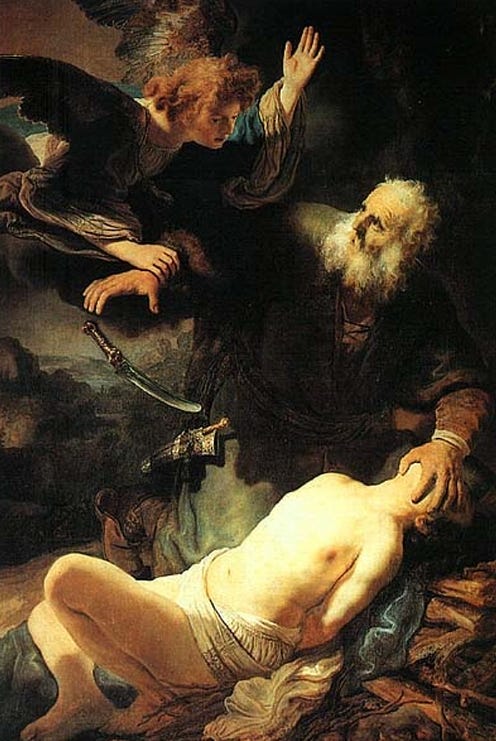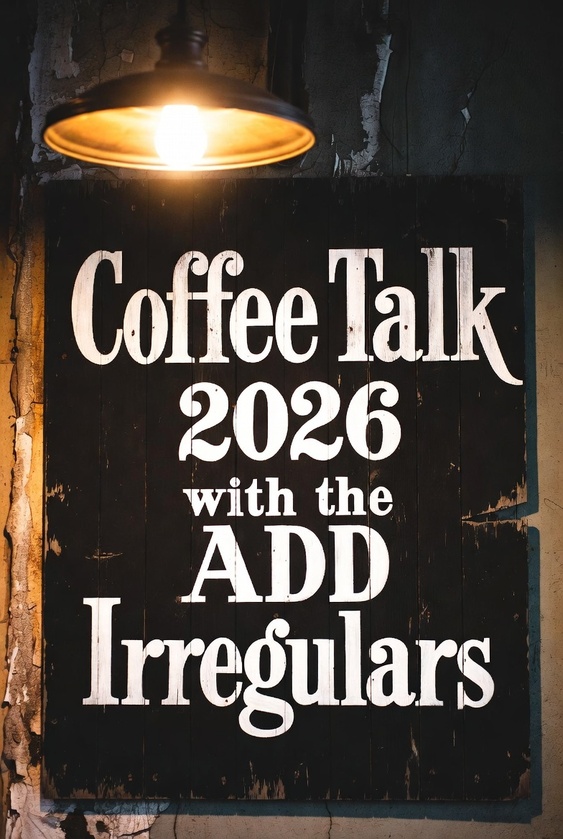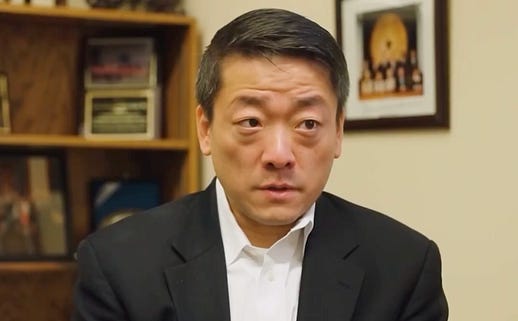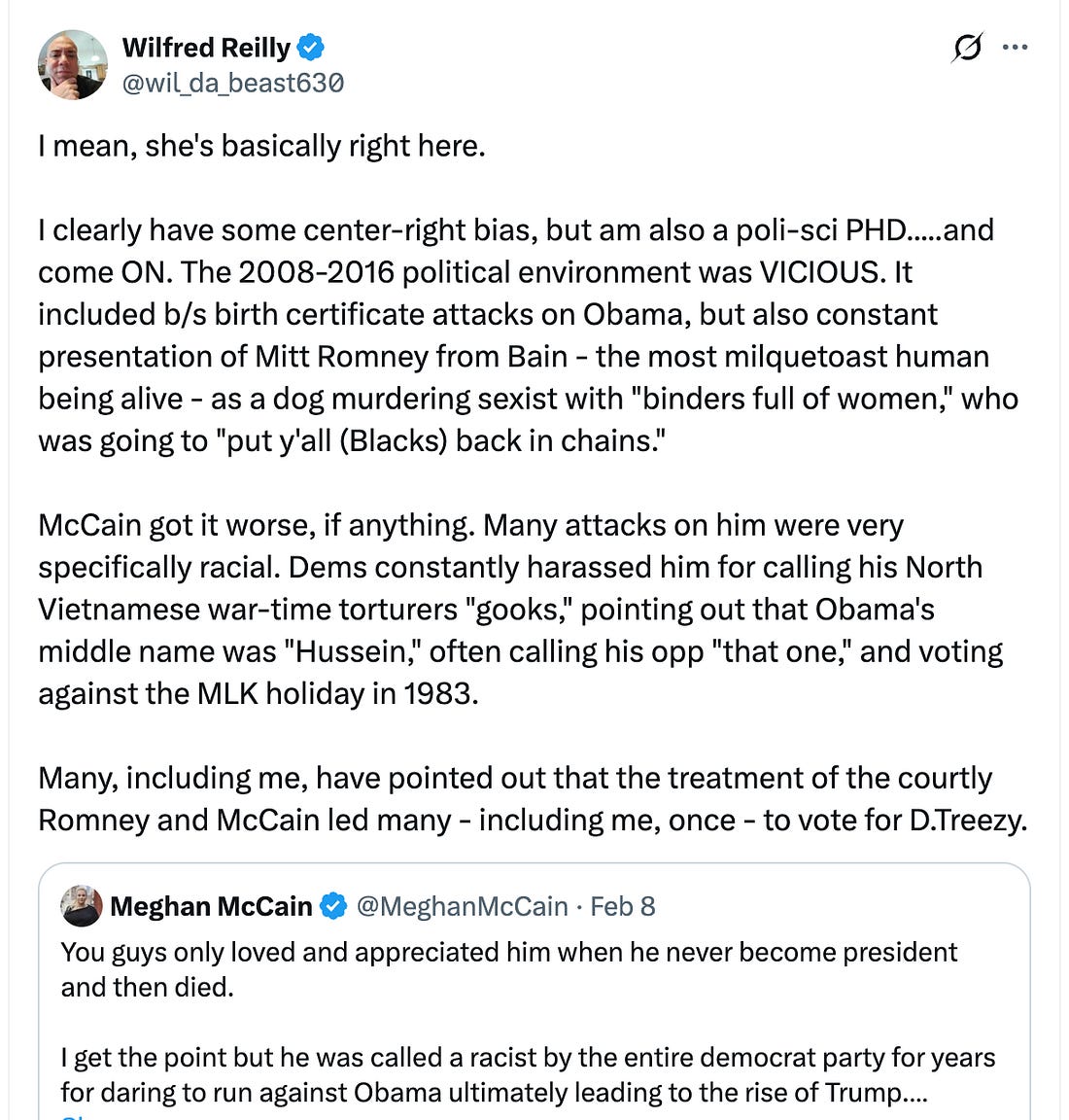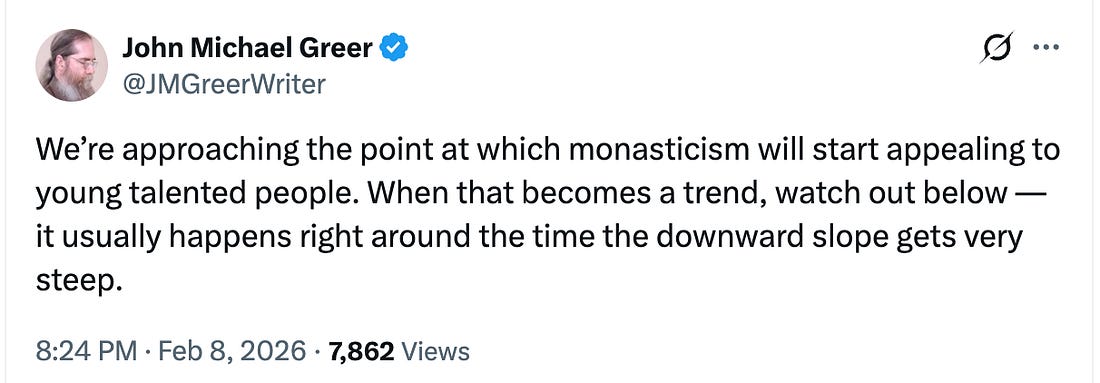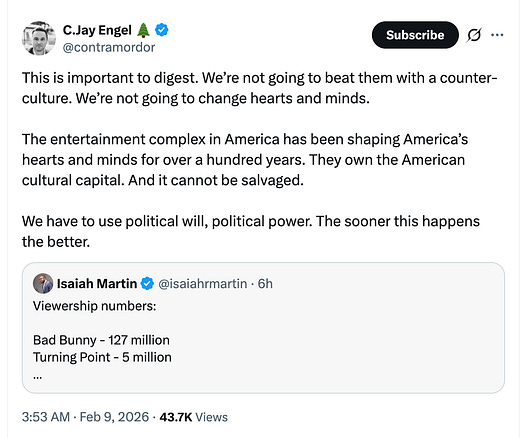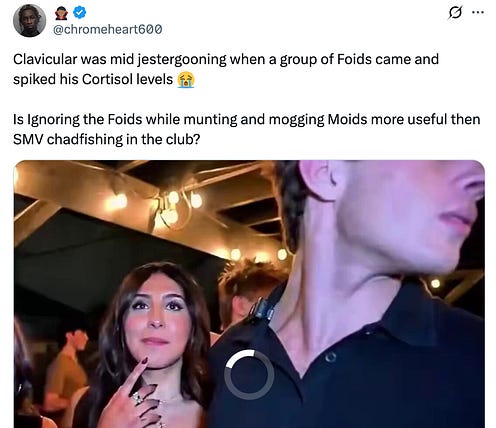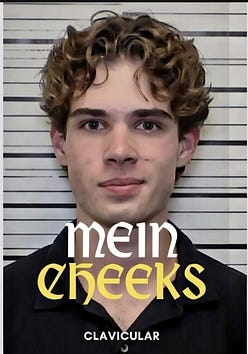
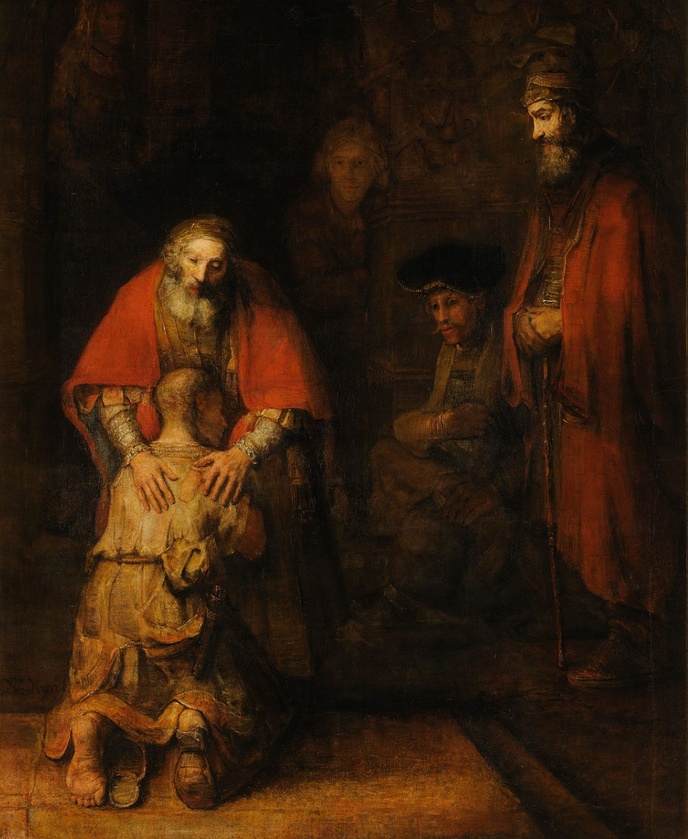
In the Orthodox Church, today is the Sunday of the Prodigal Son, the annual pre-Lenten Sunday in which we reflect on the Lord’s parable (Luke 15:11-32) in which He compares the Kingdom of God to a household in which a merciful father welcomed his wastrel son back home, even as a jealous older brother, who had never left home and rejected his father, looks on with resentment. I’ve been pretty sick all week, and was too weak to go to the liturgy this morning. Instead, I prayed the Divine Liturgy at home, and then re-read Henri Nouwen’s marvelous little study The Return Of The Prodigal Son, which I haven’t read in nine years. It is a short book — you can read it in one sitting, which I just did — but one of the most profound in my entire library.
Nouwen, a Catholic priest who died in 1996, writes about becoming fascinated by Rembrandt’s famous painting from 1669, one of the last before the great man died. In 1983, Nouwen traveled to the Soviet Union to see the original in the Hermitage Museum. The painting became an invitation and a motivation to deeper conversion, which Nouwen discusses in his book. In its pages, Nouwen examines his own life in terms of the prodigal son, the resentful brother, and the merciful father.
I last read this book when I was near the end of my own struggle to reconcile myself to my father — which was also, though I only realized it late, a struggle to reconcile myself to God the Father. In my book How Dante Can Save Your Life (which will be re-issued this week in paperback), there is a passage in which I discovered that my own alienation from God the Father had to do with my internal confusion between him and my own earthly father, whom I saw as the distant taskmaster whom I had to propitiate constantly, but whom I never could satisfy.
As you will recall, I had returned to my home in Louisiana after many years away — years of great worldly success, but success that my father saw as worthless, because I had been away from family. My dad, as well as all the others (but especially him, because they all took their cues from him), rejected me and my family as unworthy, because my original sin was to have left in the first place. I had come home expecting my dad to be the merciful father of the parable, but he and all the others were the resentful brother. As my priest at the time told me, the Lord’s parable is about the kingdom of heaven, not about how we in this world live.
You all know what happened next. I did find reconciliation with my father as he lay dying, thanks mostly to the healing graces the Lord gave me through Dante (the story is in my book). But everything went very bad from there. The Louisiana family dissolved after my father’s death (dissolved in the sense that my sister’s girls scattered, and we don’t keep in touch with them anymore). And my own family painfully dissolved from cracks in my marriage that widened after I became chronically ill as a result of my Louisiana family rejecting us. After years of agony between us, my wife filed for divorce two years ago. The result has been very bad. Our older son and I live abroad; the two younger kids live in Louisiana with their mother.
It would not be right to talk in any further detail about the situation, but it is, for me, a desolation — a desolation that I am utterly powerless to end (believe me, I’ve tried). I would just urge you strongly not to assume that you know what’s going on here. One of the most important things I learned through the last decade of my marriage, culminating in the divorce, is that nobody outside a marriage really understands what goes on within that marriage. I bring this up not to invite speculation, but simply to say that I have never been more desolate than I am today — and that’s saying something.
Please don’t think I invite your pity, or that I pity myself! One of the great gifts of grace that God has given me through all this is resilience. The pain from the loss of almost everything I loved is hard to describe, but at the same time, I feel safe, because my deepening faith has given me the sure knowledge that all this has meaning, and will be redeemed in time if I stay faithful. I live with the wisdom I gained from reading Silvester Krcmery’s memoir about his decade as a prisoner of the Communists: that he characterized his sojourn in that desolate place as an opportunity to be “God’s probe” — that is, to learn what he could about himself, his fellow prisoners, and their suffering, so that he could, in whatever ways possible, reconcile all to the Father.
Why not? What else is there? There is nothing else for me. That’s how I feel about it. It’s weird to say that without sounding wounded and self-pitying, but I assure you, that’s not me. I’m trying to be honest, though. Most of the things I used to care about in life I no longer do. Is this depression? Probably, at least to some extent. But I have a deep sense that it is also purification. Re-reading Nouwen’s precious book today has bolstered that confidence.
I too have seen Rembrandt’s original in the Hermitage, and yes, it is overwhelming. One thing Nouwen doesn’t say, perhaps because the painting wasn’t displayed then where it is today, is that across the narrow corridor hangs Rembrandt’s earlier painting of Abraham’s Sacrifice of Isaac:
Rembrandt created that painting, full of energy and pathos, in 1635, when he was twenty-nine years old, in the middle of the passionate and tumultuous journey of his life. He made the Prodigal Son painting when he was 63, at the very end of that journey. Compare the energy and drama of the earlier painting with the stillness of the later one. At the risk of sounding presumptious, in 2012, when I first learned of how my father and my Louisiana family really thought of me, I was full of the earlier Rembrandt’s passion. Then I entered the dark wood spoken of by Dante. Today, in 2024, having gone through a dozen years of suffering, I hugely identify with the stillness of the later canvas. Life will just beat it out of you. This matters, for a reason I learned re-reading Nouwen’s book today.
Nouwen says his reflection on the painting is “a story of homecoming,” and how he came to understand how he himself incarnates the Prodigal Son, the Jealous Older Brother, and indeed the Merciful Father. What prompted him to write the book was a colleague telling the priest, “Whether you are the younger son or the older son, you have to realize that you are called to become the father.”
I had forgotten that! That line pierced my heart, as it did Nouwen’s. I am only six years younger than Rembrandt when he died. It is time to become the father.
The Prodigal Son
But first, Nouwen considers his own prodigal-son status. As I read my battered copy of Nouwen’s book, I saw for the first time in many years the notes I wrote in the margins, as I was receiving its lessons for the first time back in the last decade. There’s a passage in which Nouwen writes about how a family in Jesus’s time would have seen the son demanding his inheritance and setting out into the world. They would have interpreted it as his wishing the father dead. They would have seen it as a betrayal of family and its values. They would have seen it as a rejection of love.
I wrote in the margins: “How they saw it” — meaning, how my Louisiana family saw my leaving. But it was more than that: it’s how they saw my being different from them. Had I never left, I would have lived under the constant disapproval. I bring this up now in the same sense that Harrison Scott Key, in his great memoir of the near-loss of his marriage, puts himself in the mind of his adulterous wife, so that he can better understand how she came to sin against him so greatly. In my case, I believed then and believe now that my family did a terrible thing to me, my wife, and my kids. At the same time, if I am to forgive them — and I must — I need to understand why they thought and acted as they did. The Jealous Older Brother cannot understand his father’s mercy until and unless he enters into the mind of his prodigal sibling, and tries to understand why he left.
Nouwen writes that for so many years, he has fled from God the Father. There are lots of reasons for this. Among them, the fear that he has disappointed God, that he has failed to live up to the Father’s expectations. He confesses that he has gone out into the world and tried to find satisfaction away from his Father’s house, but always fails. Writes Nouwen, “I am the prodigal son every time I search for unconditional love where it cannot be found.”
It was this realization the first time around that helped purge me of the deep but misleading connection I had made of my earthly father to God the Father. One of the most important lessons for me from Dante’s Commedia was coming to accept the truth that changing your mind is one thing, but infusing your heart (by which I mean, your will) with that change is quite another. Inferno is for convincing you to repent, to accept metanoia, the change of mind; learning how to live that repentance is the purpose of Purgatorio. It was good this morning to recognize once again my own need to return to the Father.
“It was the loss of everything that brought him to the bottom line of his identity,” writes Nouwen, of the Prodigal Son. “He hit the bedrock of his sonship. In retrospect, it seems that the prodigal had to lose everything to come into touch with the ground of his being.”
When I first read these words, I thought I had lost everything. I had no idea what was to come. So: what now? Almost two years after she filed for divorce, and Matt and I left for a kind of exile, and I’m still pondering that question. That said, the little boat in which I’m sailing across these rough waters feels more stable this time, because I have more confidence in God’s love for me. That is an extremely precious grace.
And yet, I am still guilty of this (the quote is Nouwen’s): “I still live as though the God to whom I am returning demands an explanation.” And: “Sometimes it even seems as if I want to prove to God that my darkness is too great to overcome.” What is it within us that resists grace? Maybe it’s not in you, but it sure is within me. Less than it used to be, but this temptation to believe the voice of the Accuser is something I’ll be battling for the rest of my life.
Nouwen makes a radical claim, one that we should take seriously: that Jesus himself was the Prodigal Son, in a sense. He too left his father’s house, and sojourned in a strange land. He returned to the father having been stripped of everything: all his worldly possessions, all his dignity, even his life. And yet, this return was for our salvation. He knew, as he sweated blood in Gethsemane, that there was no way back to the Father for any of us except through this fire.
The Elder Brother
The first time I read the Nouwen book, I recognized that my own dad had been not the Merciful Father, but the Father-As-Elder-Brother. That is, he received me, but with a hard heart, because I had strayed. He was determined to make me suffer distance from him because of that. The difficult truth is that my dad did not see it that way. He really did think he was welcoming us as he ought to. He wrote me to say so, even! What he did not understand about himself was that even before I grew older and left home, he had been the Elder Brother. I think that grace finally broke through in the final weeks of his life. In any case, he died with us at peace with each other.
Nouwen is very wise about the figure of the Elder Brother. Nouwen sees the figure of the Elder Brother living within himself, and observes that the hardest conversion to go through is not the humbling that caused the Prodigal to return, but the humbling of the Elder Brother’s righteous but rock-hard heart.
The lostness of the Elder Brother is harder for the Elder Brother to grasp precisely because it is tied to righteousness. He did all the right things, and yet this is his reward? For his father to slay the fatted calf for that wastrel young brother of his? Nouwen says that all of us face temptation to dwell in resentment over the things that we felt were our due, that we did not receive. The Elder Brother cannot go into the feast because his heart cannot receive the joy of his brother’s return.
This was how my dad was with me. He couldn’t allow himself to feel unbounded joy at his son’s return, because even though his son was there in the flesh (with wife and children too!), he wasn’t exactly like he, the father, wanted him to be. His prodigality was not just his moving away at a young man, but also his choosing to value different things in life, and to have different tastes, than the father had chosen for him.
As I’ve written in my earlier books (and my dad read this before I submitted it to the publisher, so he didn’t mind it being made public), Daddy had lived a life of submission to the will of his parents, and felt strongly that he had been shafted by it. He believed himself to have been righteous through and through (he even told me a few months before he died that he had never committed any sins in life — and he believed it — though thanks be to God he repented of that). I was able to observe the destruction to himself and to his family (= me and Ruthie and our kids) from his hard-heartedness, which Ruthie adopted too, and resolved not to be that way to my kids.
This is why I’m in a much better place today, dealing with the desolation, than I was when it all fell apart with my Starhill family. But I’m still in need of grace. I toss and turn and am tormented by nightmares of loss. When Harrison Scott Key writes in his marriage memoir that he has most deeply understood himself as a husband and father, and now all of that was at risk of being washed away by his wife’s adultery, I very nearly wept. Again, infidelity was not part of the breakup of my marriage, but having to unlearn the role of husband, and having my fatherhood questioned has been agonizing. There is a part of me that resents the injustice of it all. And yet, because of what I went through before, and because of what I learned from Nouwen, and of what I learned from Dante (in particular, Piccarda telling him that earthly notions of justice do not matter in the House of the Father; it is enough simply to be Home), this pain doesn’t hurt as bad as it otherwise would have. For that, I am grateful. Yet I must always be on guard against the Elder Brother rising within me, for I do have a self-righteous streak. In that way, I am my father’s son.
The Merciful Father
The most wonderful and life-giving insight I gained from reading Nouwen this morning, on this Sunday of the Prodigal Son, came from the last part of the book: the one in which he recognizes that he has to embrace the Merciful Father within.
The loving father, says Nouwen, has to allow his children to be free to leave him, to sojourn in a far country, even if it is bad for them. This is what love is: not to assert control, or to be angry and resentful when a child refuses your control. Says Nouwen of the father in the parable: “His only desire is to bless.”
Nouwen says that to become like the Merciful Father of the parable is to become the kind of man who experiences pure joy. It is to become the kind of man who rushes towards good news, to “celebrate every little hint that the Kingdom is at hand.
This is a real discipline. It requires choosing for the light even when there is much darkness to frighten me, choosing for life even when the forces of death are so visible, and choosing for the truth even when I am surrounded with lies.
“Joy never denies the sadness,” says Nouwen, “but transforms it to fertile soil for more joy.” More:
From God’s perspective, one hidden act of repentance, one little gesture of selfless love, one moment of true forgiveness is all that is needed to bring God from his throne to run to his returning son and to fill the heavens with sounds of divine joy.
Nouwen concludes:
A child does not remain a child. A child becomes an adult. An adult becomes father and mother. When the prodigal son returns home, he returns not to remain a child, but to claim his sonship and become a father himself. … The return to the Father is ultimately a challenge to become the Father.
In other words, theosis. The love and mercy that the Father has shown to us prodigals must not rest in us, but must flow through us to others.
Jesus told us, says the priest, to “be compassionate as your Father is compassionate.” Rembrandt shows us what that means. It means to offer mercy and welcome to all who repent. It means to lean into joy and light, and away from sorrow and darkness.
Nouwen writes of looking in the mirror and seeing the image of his late father in his own visage:
As I suddenly saw this man appearing in the mirror, I was overcome with the awareness that all the differences I had been aware of during my lifetime seemed so small compared with the similarities. As with a shock, I realized that I was indeed heir, successor, the one who is admired, feared, praised, and misunderstood by others, as my dad was by me.
I have had that kind of recognition when I see my fifty-seven year old face in the mirror. I was thinking the other day, watching Jonathan Pageau’s four-part Daily Wire series about the end of a world, about Pageau’s advice that we have to learn how to honor our ancestors even as we repent of their particular sins — this, as opposed to wanting to tear down their statues, as if they had nothing to teach us. This is how I relate to the memory of my own dear father. I may not ever have known a greater man in this life than him — nor a man who was more tragically flawed. In my journey, I hope to embody his strengths, and to repent of any of his weaknesses that linger within me. Because of his deathbed repentance, I have faith that one day, if I remain faithful, he will be there to welcome me into our Father’s house, with its many mansions.
Yet my repentance consists in part of refusing the despair that was the prodigal son’s until the moment of his father’s embrace, and the more subtle and complicated despair of the righteous elder son, who felt himself hard done by. For me, the elder son’s hardheartedness these days manifests, I think, in being too eager to see the darkness and disorder in the world, and its injustice.
For years now, I have focused on that darkness and disorder, partly in an effort to wake people up, so that we can resist it. But I told a friend recently that I know I’ve come to the end of that mission. There’s really not anything more I can say. This coming book, Living In Wonder, marks the end of that and the beginning of my next chapter as a writer, at least I hope. It will be a new role, one as someone who tries to show people hope, because it’s what I’m looking for myself.
Seems to me that Nouwen understands my next challenge:
As the Father, I have to dare to carry the responsibility of a spiritually adult person and dare to trust that the real joy and real fulfillment can only come from welcoming home those who have been hurt and wounded on their life’s journey, and loving them with a love that neither asks nor expects anything in return.
There is a dreadful emptiness in this spiritual fatherhood. No power, no success, no popularity, no easy satisfaction. But that same dreadful emptiness is also the place of true freedom. It is the place where there is “nothing left to lose,” where love has no strings attached, and where real spiritual strength is found.
More:
Living out this spiritual fatherhood requires the radical discipline of being home. As a self-rejecting person always in search of affirmation and affection, I find it impossible to love consistently without asking for something in return. But the discipline is precisely to give up wanting to accomplish this myself as a heroic feat. To claim for myself spiritual fatherhood and the authority of compassion that belongs to it, I have to let the rebellious younger son and the resentful elder son step up on the platform to receive the unconditional, forgiving love that the Father offers me, and to discover there the call to be home as my Father is home.
There it is. I have a lot of anger in my heart over what has happened, though it has been buried under a mound of ashes representing sheer emotional and spiritual exhaustion. Still, the embers burn, and I need to allow grace to extinguish them somehow. They somehow seem childish, in light of what I read today, both in Scripture and in Nouwen’s book, and in “reading” Rembrandt’s painting.
Dear readers, I strongly urge you to pick up a copy of Nouwen’s The Return of the Prodigal Son, which is truly a life-changing work. And if you haven’t yet read How Dante Can Save Your Life, it follows the same kind of trajectory, in that it applies the lesson of great and profound Christian art to the lives we actually live. You don’t have to have read Dante to get the message of my book. As with Nouwen’s journey through Rembrandt’s painting, my pilgrimage through Dante is one in which the reader learns that there is nothing any of us can do to be reconciled to the Father except get out of the way of God’s love.
